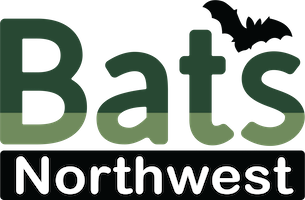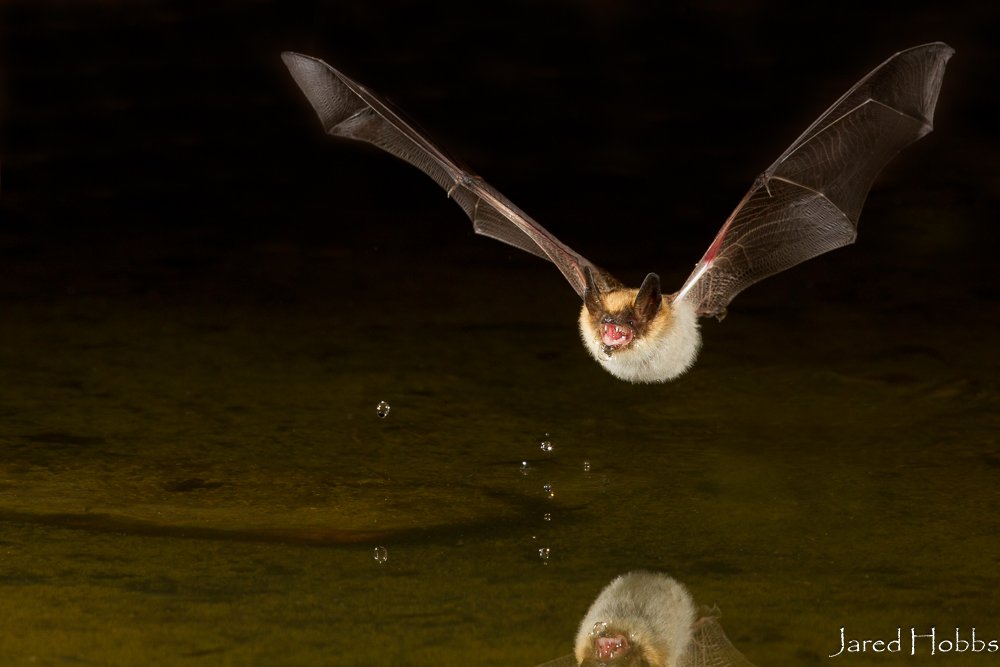
Bat Habitat
Trees
In Washington many of our bats rely on trees. Bats roost hanging throughout trees and create maternity colonies and hibernaculum in hollows. They also forage among foliage and above the canopy. Researchers also believe Hoary bats use the tallest trees on the horizon to navigate during migration.
Native trees that bats use
Douglas fir (Pseudotsuga menziesii)
Ponderosa pine (Pinus ponderosa)
Western red cedar (Thuja plicata)
Quaking aspen (Populus tremuloides)
Oregon white oak (Quercus garryana)
Black Cottonwood (Populus trichocarpa)
Snags
Standing dead trees known as snags are essential bat habitat. The heat let off in decomposition help bats stay warm. Bats will roost, form maternity colonies, and overwinter in holes and crevices of snags.
Photo by Georg Eiermann on Unsplash
You can help bats by providing habitat that supports bats and their prey.
Water
Bats don’t land to drink, instead drinking “on the wing”, meaning they swoop down and get water in flight. Therefore, bats need a larger body of water to drink from than other animals do. Lakes, rivers, ponds, streams, cisterns, reservoirs, and large animal water troughs can all provide water for bats. Protecting your natural water sources from pollution and contaminants can benefit bats.
Food
Bats in Washington all eat insects, and you can attract the insects bats love to eat by creating bat habitat in your gardens and yards. Many nocturnal pollinators such as moths and beetles seek out flowers with white or yellow blooms, and are attracted to fragrant plants. Plant List.
Native plants that attract prey for bats:
Mock Orange (Philadelphus lewisii)
Western Trillium (Trillium ovatum)
inside-out flower (Vancouveria hexandra)
Oso Berry/Indian-plum (Oermleria cerasfiormis)
Spreading Phlox (Phlox diffusa)
Common Yarrow(Achillea millefolium)
Learn more about Creating Bat Habitat.



